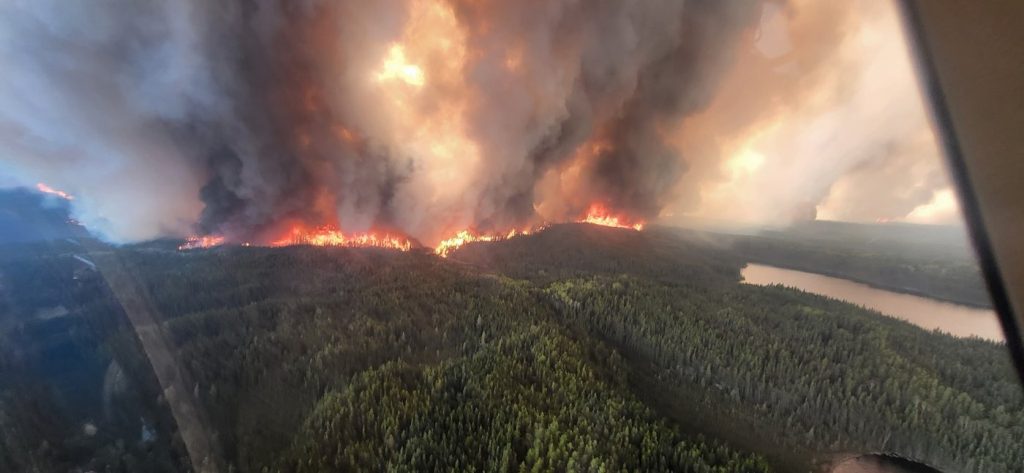Allergy season to arrive earlier and be far more intense, study shows

Posted March 16, 2022 2:30 pm.
Allergy season is about to get more extreme, and climate change is the primary factor, new research shows.
According to a study by Nature Communications, researchers say that pollen season could start roughly 40 days ahead of time by the end of the century than it has in recent decades because of global warming.
The study’s findings determine that annual pollen counts could climb by up to 250 per cent.
“In addition to altering phenology, warmer temperatures will also impact vegetation physiology, either facilitating or restraining growth and impacting plant biomass,” writes Yingxiao Zhang and Allison Steiner. “These changes have the potential to increase or decrease the annual total pollen production.”
Zhang and Steiner note that simulations indicate that increasing pollen and longer seasons will increase the likelihood of seasonal allergies.
Asthma Canada list pollen as the most common allergen in the country, noting that tree pollen peaks in the spring (late April to May) while grass and weed pollen peak in the summer (late May to mid-July) and fall (mid-August to October).
Researchers say that pollen-induced respiratory allergy affects up to 30 per cent of the global population — particularly children over 18 — and is a worldwide health concern.
Respiratory allergies, such as allergic rhinitis, affect 1 in 5 Canadians.

According to a study by Nature Communications, researchers say that pollen season could start roughly 40 days ahead of time by the end of the century than it has in recent decades because of global warming. Photo courtesy: Allef Vinicius.
Zhang and Steiner write that this typically results in considerable economic loss because of medical expenditures, missed work and school days, and early deaths.
“Because pollen emission is closely associated with environmental drivers, climate change could influence pollen emission and consequently the incidence of allergic disease,” they note.
“Longer and more intense pollen seasons have been observed over the past few decades, which is expected to contribute to the exacerbation and aggravation of pollen allergic rhinitis and asthma.”
Researchers say that a longer and earlier start to pollen season could trigger a public health emergency.
“Temperature impacts the number of winter chill hours and spring frost-free days and is strongly associated with the timing of pollen seasons, including the start date, peak emission date, end date, and duration,” Zhang and Steiner report.
“Over the past several decades, warmer temperatures have been observed to drive earlier (3 to 22 days) pollen season start dates.”
Asthma Canada says an allergy skin test is the most effective method to confirm underlying allergies.








